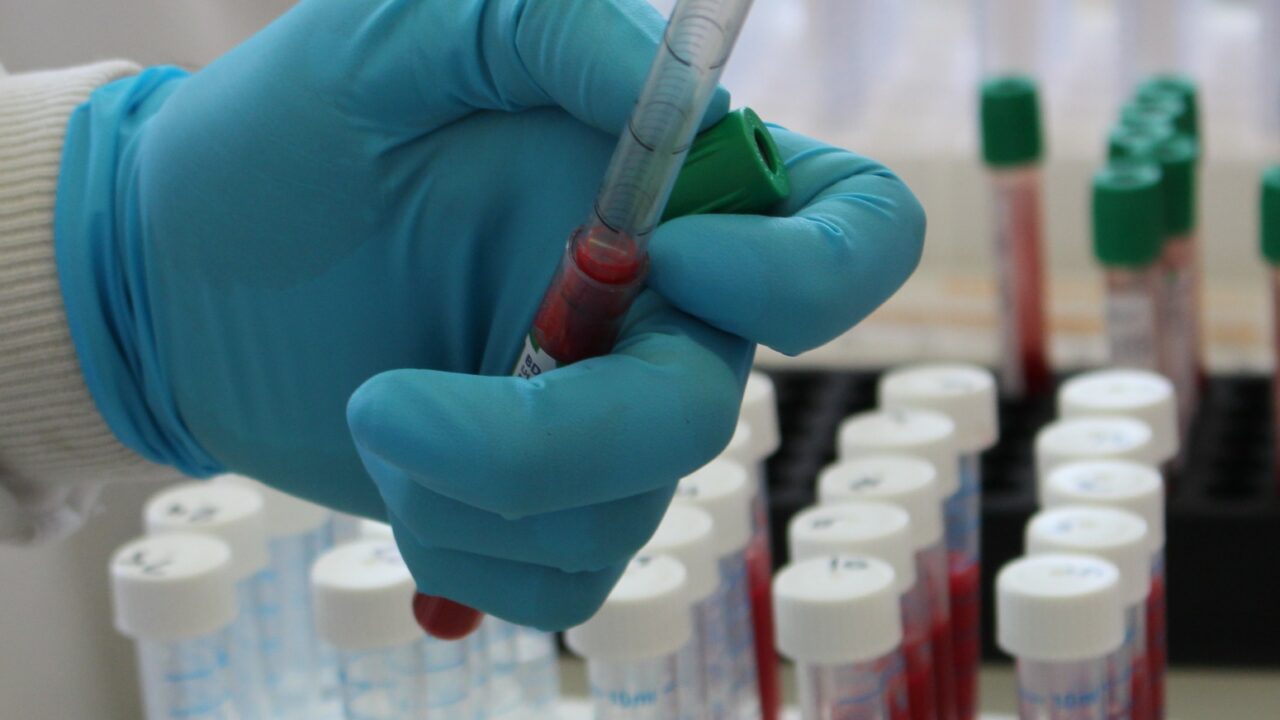Official statistics show the bovine TB situation in Northern Ireland is worsening – the herd incidence rate in the region has hit its worst level since mid-2003, AgriLand can reveal.
The TB situation has got so bad Government estimates predict the disease could cost the department £40 million (€45.1 million) this year alone.
The latest figures from the Department of Agriculture, Environment and Rural Affairs (DAERA) shows the 12-month moving average hit 9.73% in November – the last month for which figures are available.
It nears the highest figure TB rates have ever been and comes as the department closes its consultation and makes preparations to appoint board members to TBEP – its new TB Eradication Partnership.
Bovine TB herd incidence within Northern Ireland peaked in 2002 when the annual herd incidence was calculated at 10.2%.
Individual animal incidence peaked in 2003 when just under 1% of animals tested proved positive.
It compares with 2010, when herd incidence sat at 5.12% and the individual animal incidence rate was 0.41%.
The 12-month average for the number of reactors also sits just shy of its highest ever level, which was recorded in July 2003.
Working Towards Eradication
The figures seem far flung from TB eradication – which researchers claim could be achieved within 40 years in Northern Ireland.
Disease projections indicate that the status quo would result in a TB herd incidence level in the range of 6-7% by Year 40 (2056).
Whereas implementation of TBSPG recommendations, whilst continuing with the implementation of the baseline programme activities, are projected to result in a herd incidence level of 0.1%.
In November 1,736 animals reacted positively for bovine TB across 256 new reactor herds. The worst affected area in November was Newry, where 47 new herds tested positive for TB.
Over the last 12 months 2,240 herds tested positive for TB – well up on the 1,667 over the 12 months before.
Have you been affected?
If you would like to get in touch with an AgriLand reporter about this story email: [email protected].



